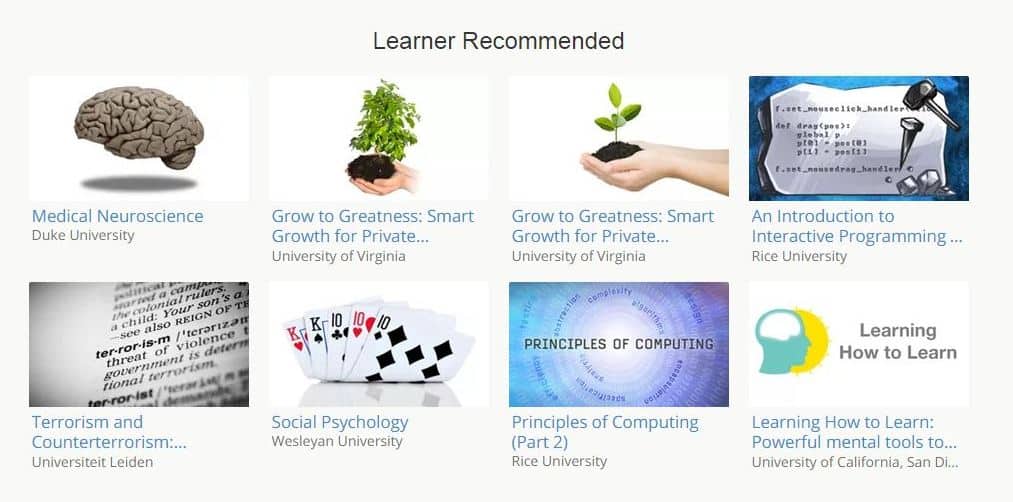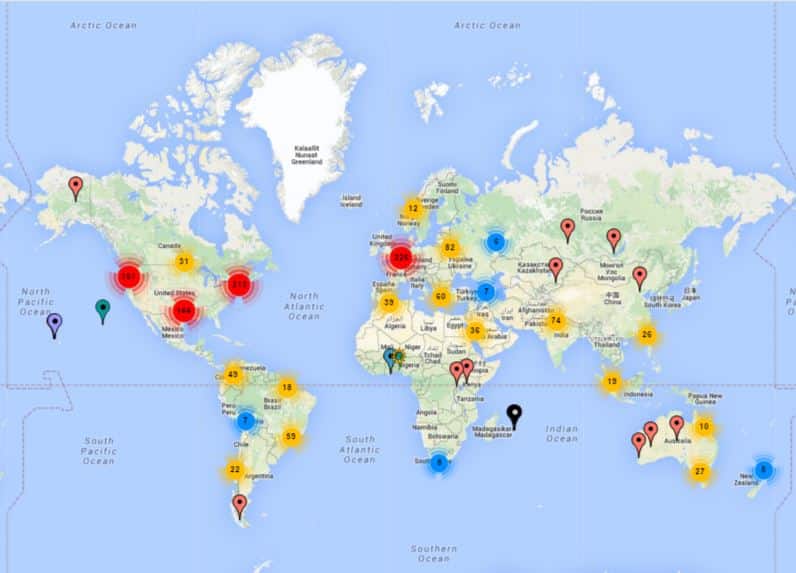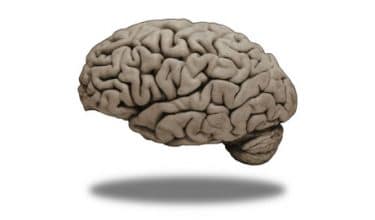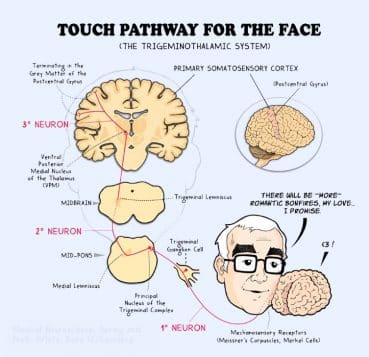Class Central’s Top 50 MOOCs of All Time
There are close to 10.000+ MOOCs from 800 universities around the world. Class Central is a website with an overview of MOOCs and reviews by learners that have taken courses.
Because the number of MOOCs offered is overwhelming Class Central has made a list of Top 50 MOOCs of All Time . It made the list for the first time in July of 2016 and refreshed it again last year. The list can help potential learners to find a good online course . Thousands of reviews written by Class Central users form the foundation of that ranking. Continue reading “Medical Neuroscience in the 2018 edition of Class Central’s Top 50 MOOCs of All Time”



